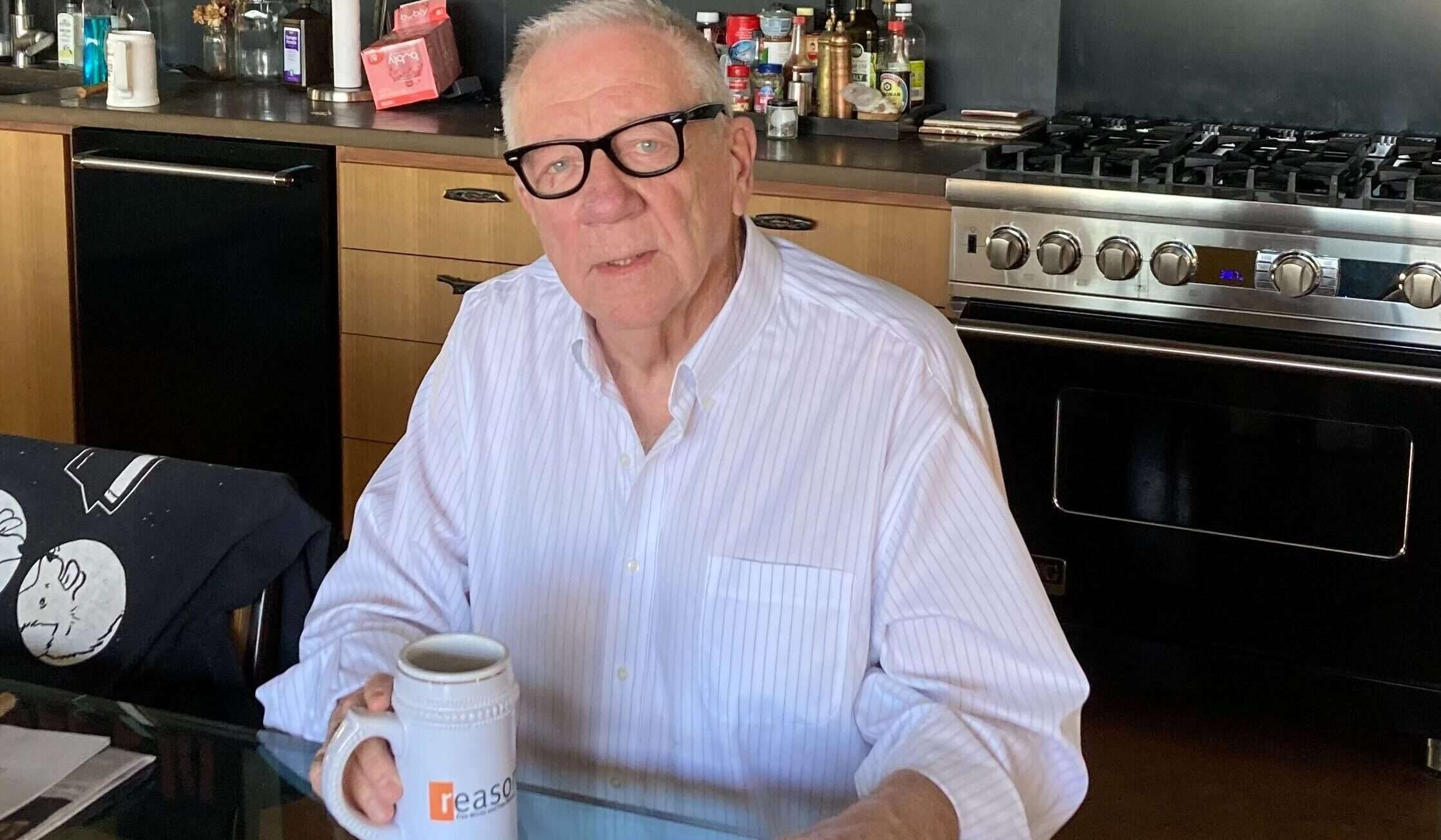Backpage Founder Michael Lacey Granted Bail Release
Michael Lacey, co-founder of Backpage, has been released from federal custody after successfully securing bail from the 9th U.S. Circuit Court of Appeals. His release comes as he appeals his conviction for international money laundering, for which he received a five-year prison sentence. The ruling allows Lacey to await the resolution of his appeal outside of prison, marking a significant development in a case that has drawn attention from free speech advocates and raised serious concerns about civil liberties. Lacey’s detention since September 11 had been contentious, with many viewing his prosecution as part of a broader crackdown on free expression, especially in the context of online platforms.
While Lacey enjoys this newfound freedom, his former business associates, Jed Brunst and Scott Spear, remain incarcerated as they continue to contest their convictions. The appeals court assessed the merits of each defendant’s request for bail, ultimately determining that Lacey presented substantial legal questions that could lead to a reversal of his conviction. In contrast, Brunst and Spear were not able to demonstrate similar grounds for their bail requests. The court concluded Lacey posed neither a flight risk nor a threat to public safety, bolstering the rationale for granting his appeal.
U.S. District Court Judge Diane Humetewa, who oversaw Lacey’s 2023 trial, subsequently set his bail at $1 million. Although the conditions for his release have yet to be finalized, a hearing is scheduled for early December. Lacey’s appeal focuses on the argument that the financial transaction in question did not constitute concealment, as he had properly reported the transfer of funds to the U.S. government and paid the requisite taxes on those amounts. These details have become focal points in his legal strategy, as many observers view his case through the lens of broader implications for limited free speech online.
The lead-up to Lacey’s trial was marked by tragedy when his partner in the Backpage enterprise, Jim Larkin, took his own life just before proceedings began. Out of six defendants initially facing charges, five were put on trial, with two achieving full acquittals. Lacey’s case resulted in a mixed verdict where he was convicted on just one count out of a total of 86, while numerous charges led to a mistrial. The judge ultimately dismissed several charges, leaving open the possibility of retrials on the remaining counts that federal prosecutors have signaled their intent to pursue following the appellate process.
Despite the lighter sentencing landscape for Lacey compared to the accusations against him, the saga surrounding Backpage continues to be emblematic of larger societal debates about the boundaries of online platforms and the enforcement of regulations concerning adult services. As Lacey navigates his appeal, the challenges ahead include the potential of facing retrials if his appeals do not yield the desired outcomes. The implications of these proceedings extend beyond individual cases, raising critical questions about the legal environment for internet freedom and the responsibilities of web-based companies in moderating content.
While clean breaks and resolutions seem uncertain at best, Lacey’s case has resonated widely among free speech advocates, signaling deep unease regarding government efforts that might chill online expression. As developments unfold, the ongoing dialogue surrounding the balance between regulation and free expression gains urgency. Lacey’s situation embodies the intersection of law, speech, and technology, urging stakeholders to reconsider standards applied in similar cases not only involving Backpage but the future of digital platforms as well. As the legal landscape evolves, observers will closely watch the proceedings and their potential ramifications for the wider context of internet governance and rights.
Share this content:












Post Comment